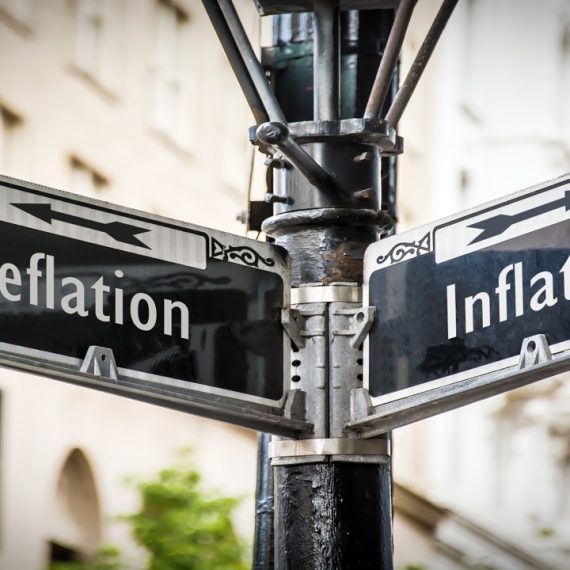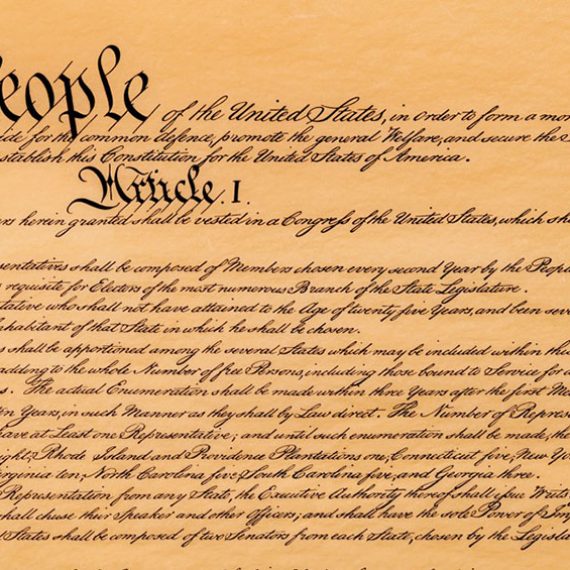January 19, 2004 – Germany’s Bundesbank is making waves in the gold market again. And this time it received some help from perennially bearish Bloomberg, which is known for its penchant to bash gold whenever the opportunity arises.
Last week Bloomberg, using as its source an article in a German newspaper which itself was based on so-called ‘unidentified government officials’, reported that “Bundesbank President Ernst Welteke and the German government have agreed to sell as much as 600 tons of the central bank’s gold to raise as much as 7 billion euros ($9 billion) for a fund to promote education and research.”
The next day, Welteke said that no decision had been made, but regardless, we’re going to hear a lot more from the Bundesbank over the next several months. And of course, any discussion of gold ‘sales’ will always be tempered by some politically correct notion that the ‘proceeds’ will fund things like “education and research”. The reason is obvious.
While one could argue with any central bank’s decision to dishoard gold, the media always gives the moral high ground to the central bank if the proceeds are going to be used for some ostensibly good purpose. Consequently, the critic of the proposed gold dishoarding is always put in a bad light, which on the surface makes it easier for a central bank to raise public support for its gold dishoarding plan.
Anyway, the Washington Agreement on Gold (WAG), which limited central bank gold dishoarding by its signatories, comes due in September. There will no doubt be a WAG II signed at that time, and the Bundesbank has for some time been clamoring to ‘get in line’.
In other words, while the Bundesbank did not get any ‘quota’ to sell some of its gold under WAG I, it wants to be sure that it is one of the central banks selling gold in WAG II. The reason for seeking this quota is that the Bundesbank has a problem – their vault is empty and they have no gold to sell. This conundrum needs some explaining. After all, how can the Bundesbank be clamoring to sell what they don’t have?
The answer is simple – sleight-of-hand. The central banks do it all the time. They tell you one thing, and do another. And what they actually do, they often hide. For example, just look at the Bundesbank’s balance sheet.
It claims to hold 3,446 tonnes of gold. But the sleight-of-hand arises because they report this total as “Gold & Gold Receivables”, which is of course an accounting trick even Enron wouldn’t be so bold to try. Everyone knows that gold in the vault is fundamentally different from a gold receivable, i.e., gold that is owed to you. But the Bundesbank is playing its tricks anyway, because it says that the Int’l Monetary Fund allows them to report their two different gold-related assets as one instead of two line items, as would be required by generally accepted accounting principles. Why the deception?
The Bundesbank doesn’t want anyone to know how much gold they have loaned. If they did, the German people would be shocked. But I contend for a variety of reasons, that they have placed all of their gold at risk – one-half has been loaned and one-half has been swapped. See my article written on April 23, 2001, “Behind Closed Doors“.
As a consequence, the Bundesbank’s vault is empty, and that is what creates their problem. Because of the huge weight of gold that they have loaned, they recognize that their gold will never be repaid to them. I’m not going to dwell on this point. For details, see the reports by Frank Veneroso at www.GATA.org or this link GoldMoney.com.
But the Bundesbank’s problem arises basically because of the limited amount of gold available in the market at anything close to the current price. Gold today is held by strong hands, so if the Bundesbank asked for its gold to be repaid, the repayment would launch a massive short squeeze that would send gold soaring.

As an indication of gold’s potential, take a look at the above chart. The base for this moon shot is already in place. It’s a huge rounded bottom. All that is needed now is for the Bundesbank to light the fuse, but the Bundesbank is loath to do that because it would financially hurt the German banks that are short gold. But the Bundesbank needs to account for their “Gold Receivable” as soon as possible. After all, the Bank of England has already accounted for most of its gold receivable.
The Bank of England had loaned most of its gold. So it ‘auctioned’ about one-half. But their auction was for the most part an accounting fiction. Banks that had already borrowed the gold bid for it, and then paid dollars to the BoE. The offsetting book entry for the BoE was to reduce gold receivables and increase cash. The Bundesbank is now hoping to perform that same magic on its balance sheet, and to get rid of its gold receivables before anybody demands an audit, as well as an accounting as to what happened with the gold.
So between now and September, expect to hear a lot from Mr. Welteke and his colleagues. But don’t worry. They are just bluffing, and beneath their bluster they must be sweating bullets.
After all, we are talking about the Bundesbank here, which up until about ten years ago was the most respected central bank in the world because of their skillful management of the Deutschemark. But the D.Mark is gone, and so is their gold. And so are the great central bankers of the Bundesbank’s illustrious past.

 My objective is to share with you my views on gold, which in recent decades has become one of the world’s most misunderstood asset classes. This low level of knowledge about gold creates a wonderful opportunity and competitive edge to everyone who truly understands gold and money.
My objective is to share with you my views on gold, which in recent decades has become one of the world’s most misunderstood asset classes. This low level of knowledge about gold creates a wonderful opportunity and competitive edge to everyone who truly understands gold and money.
